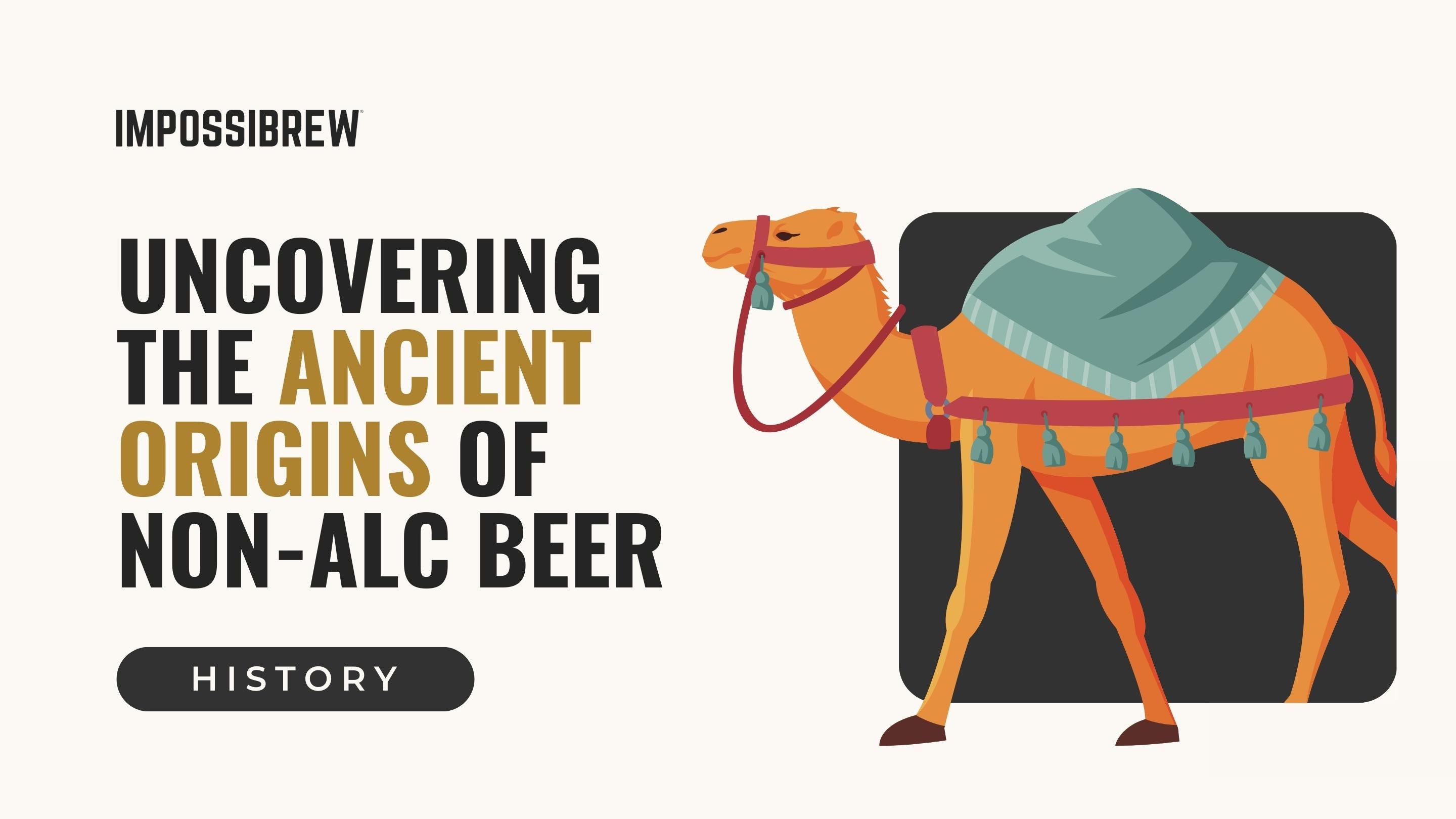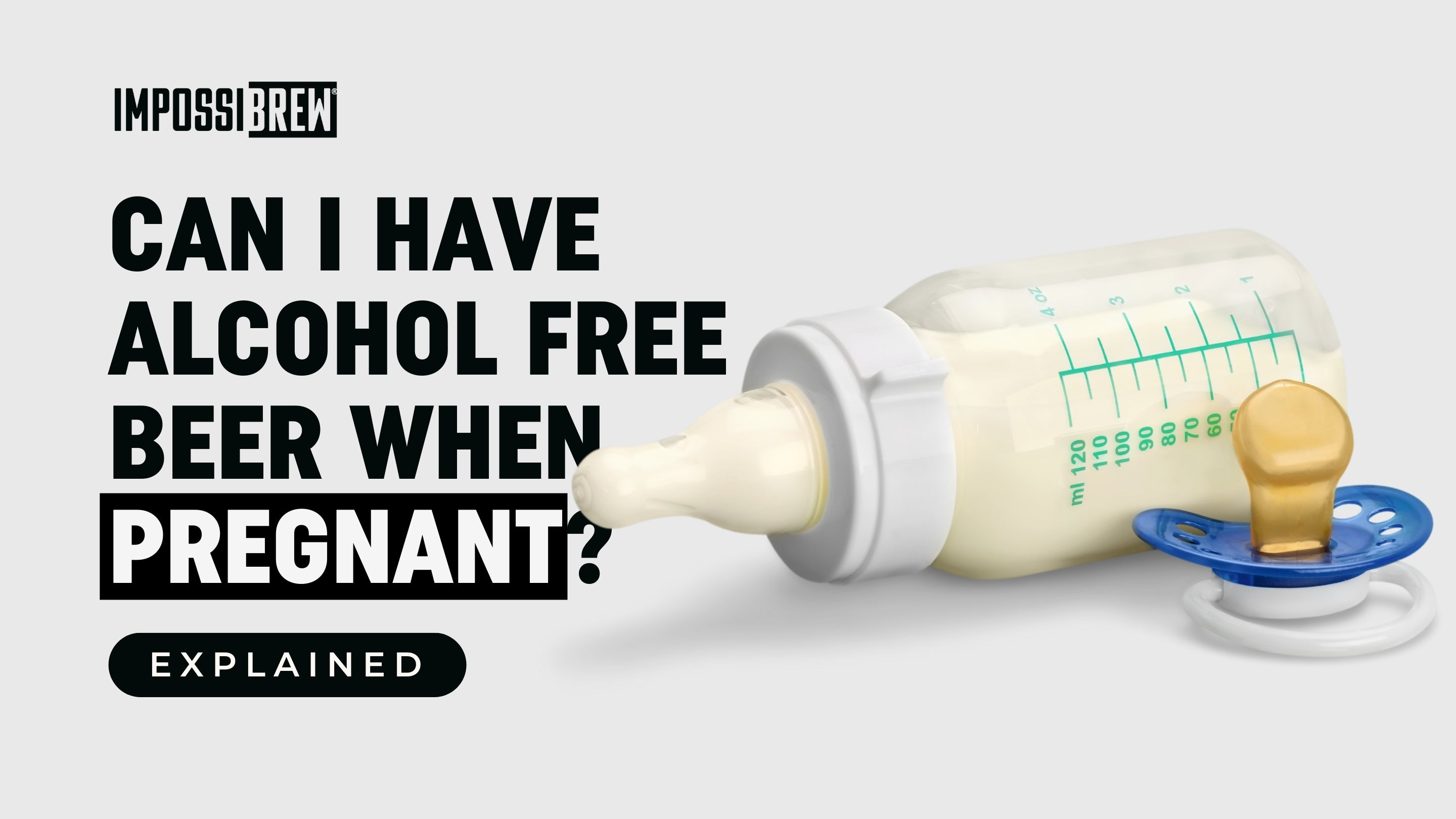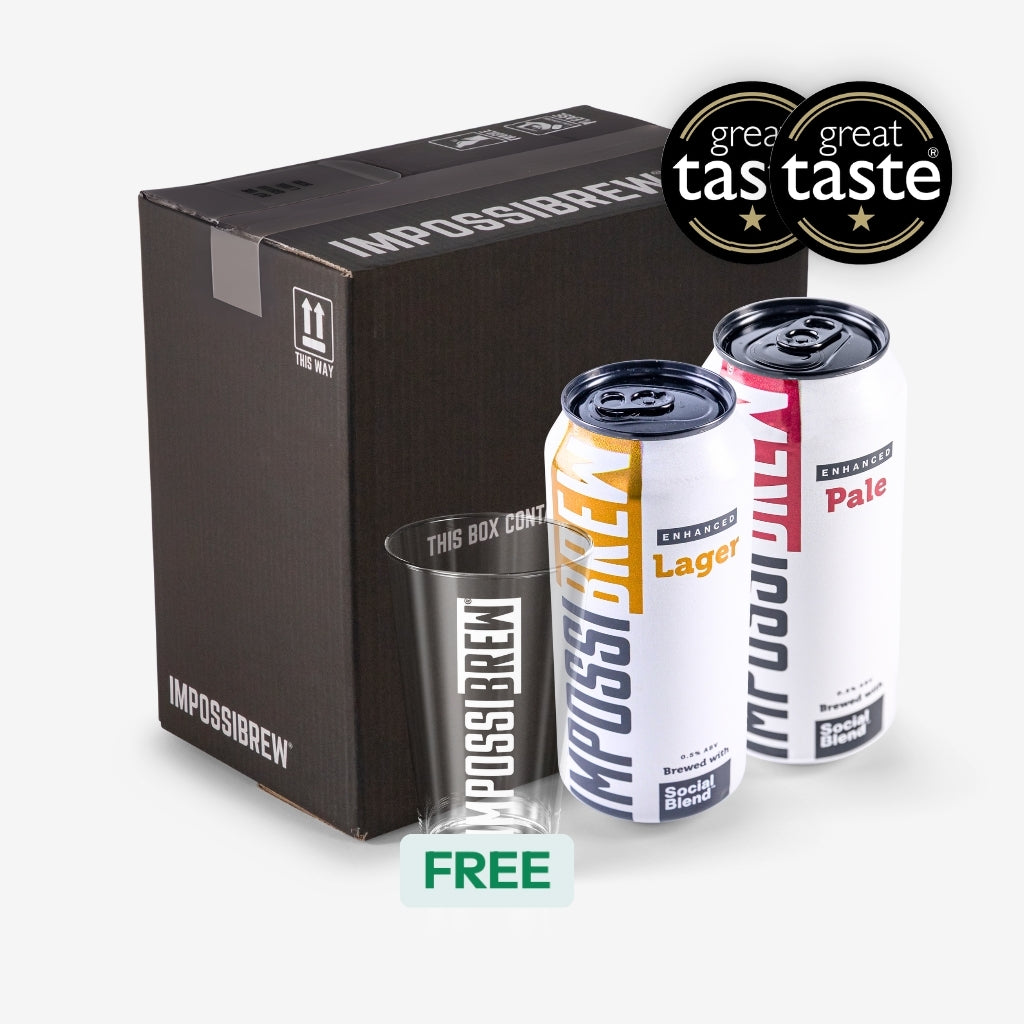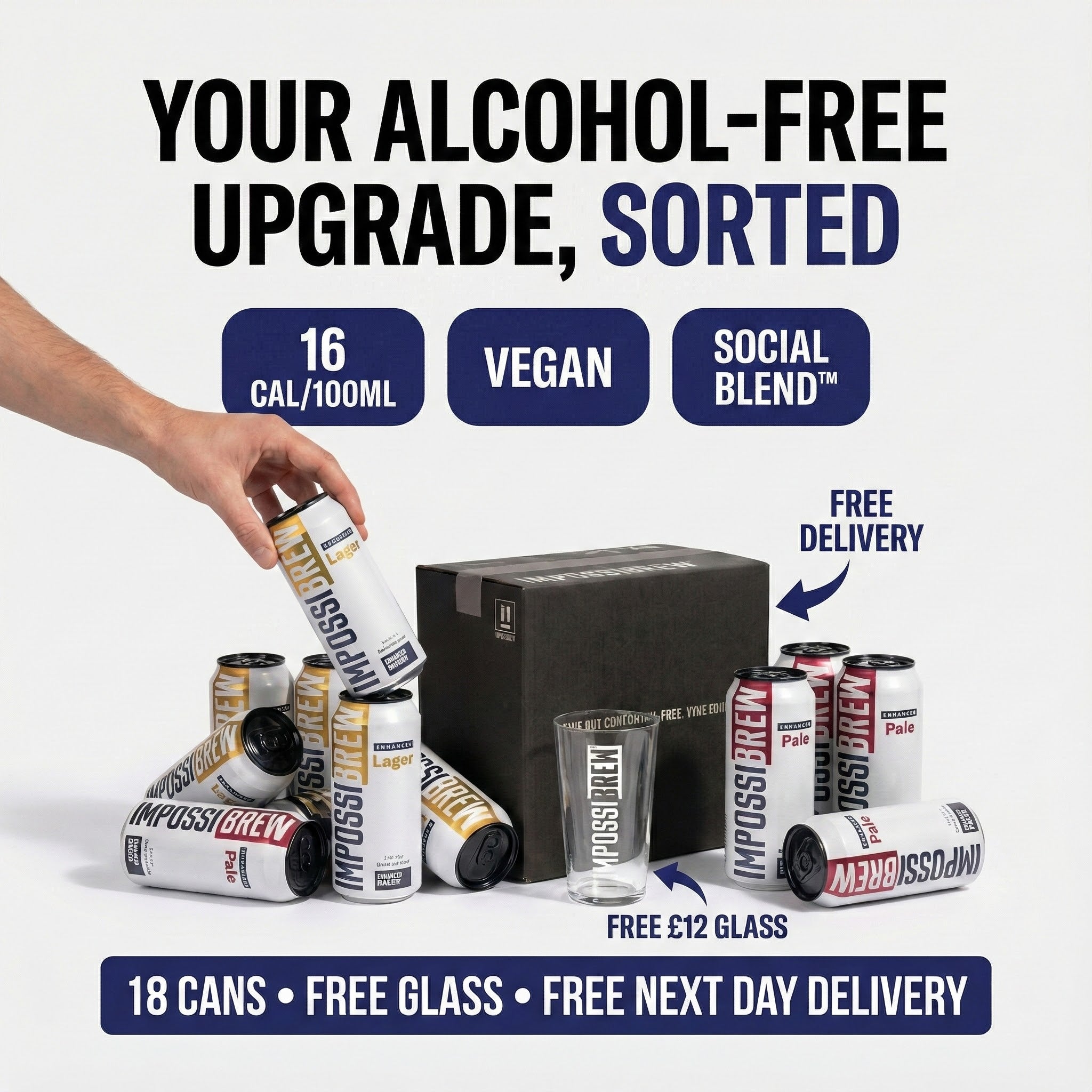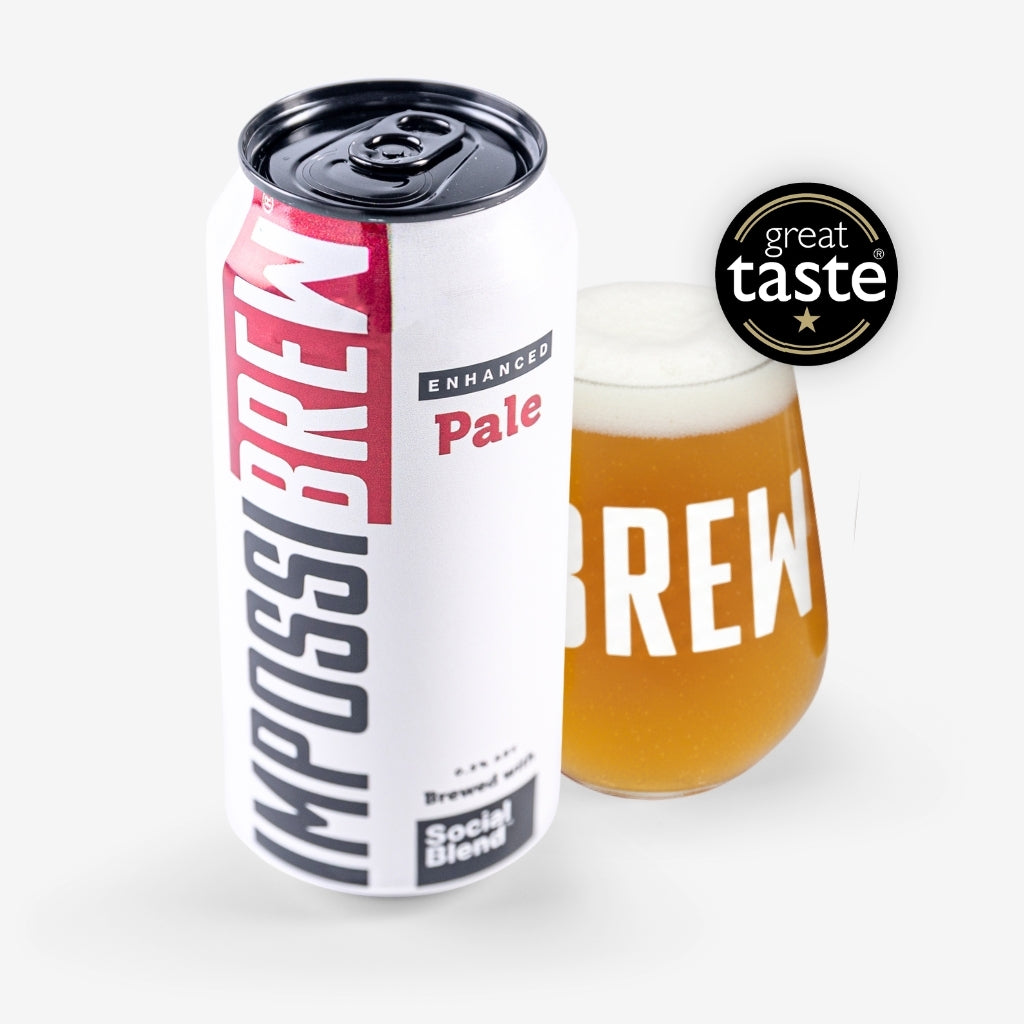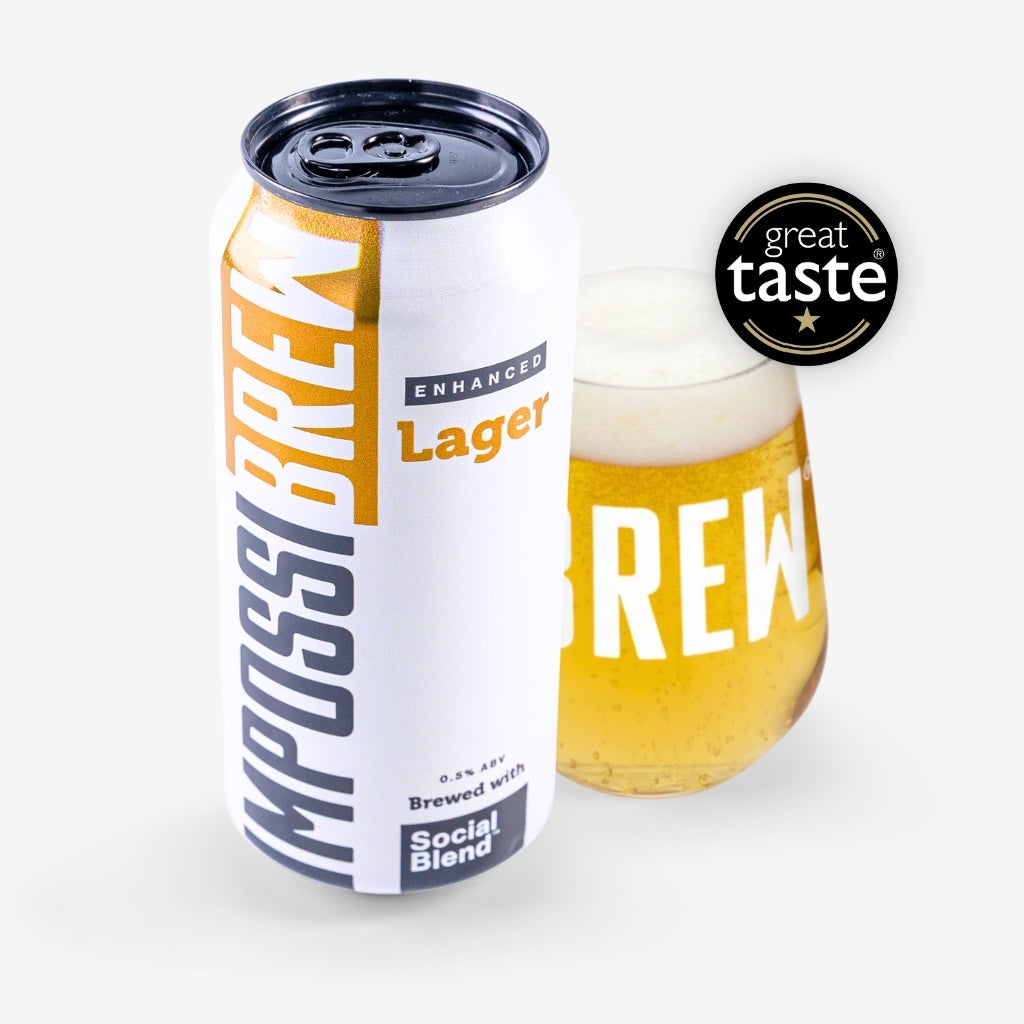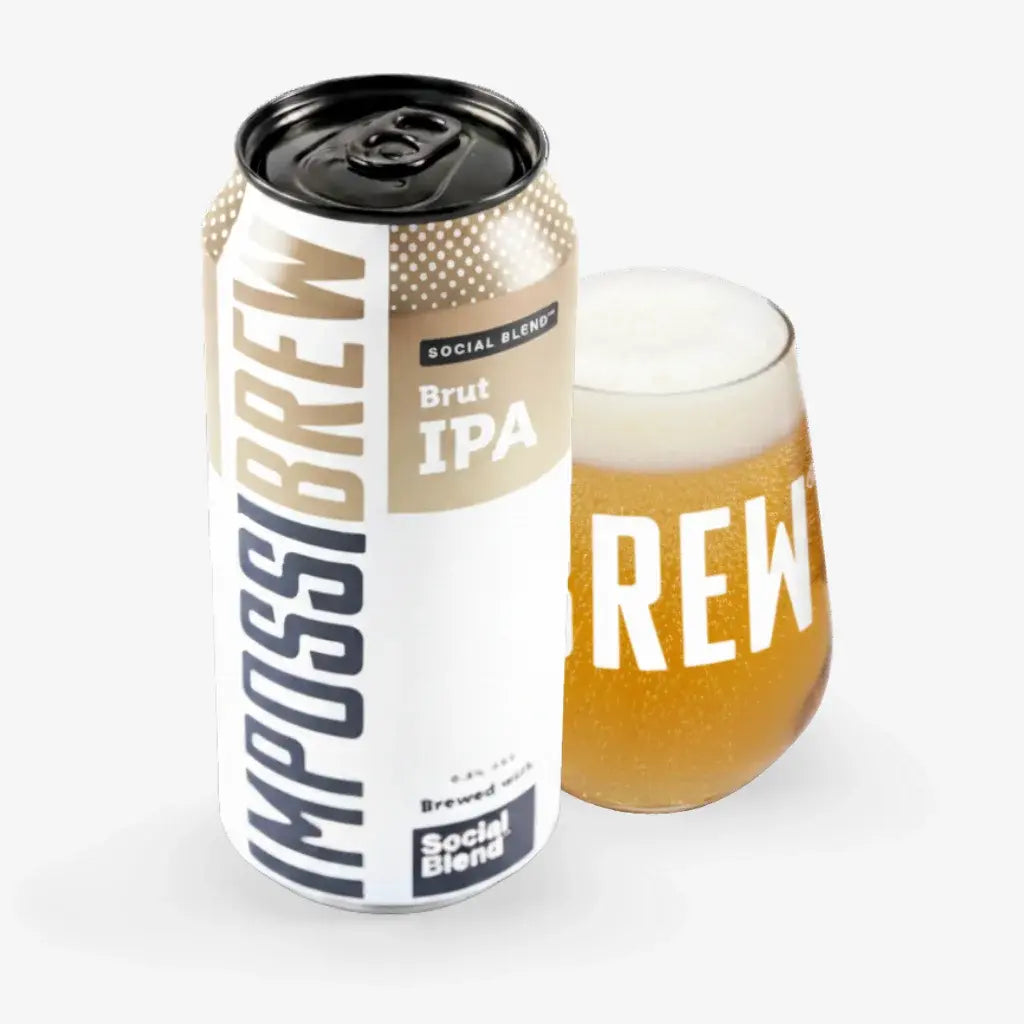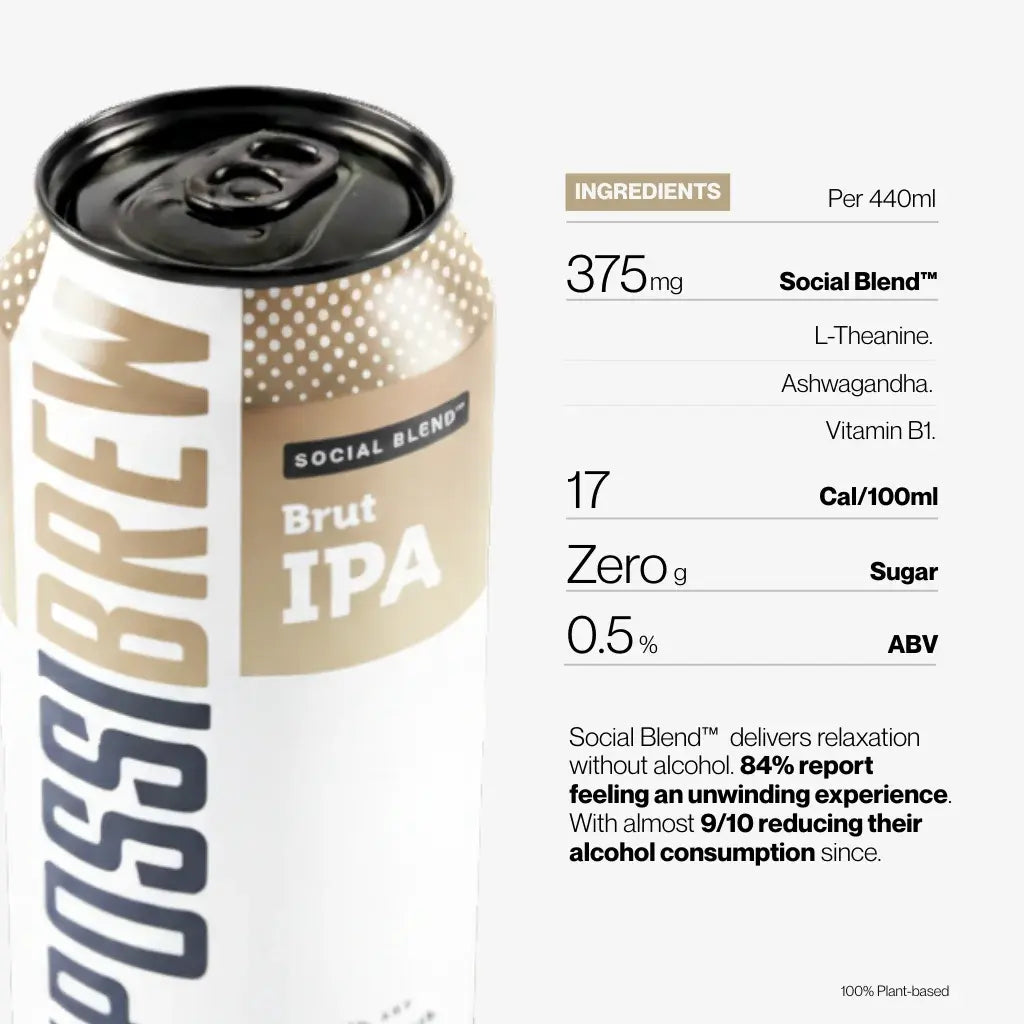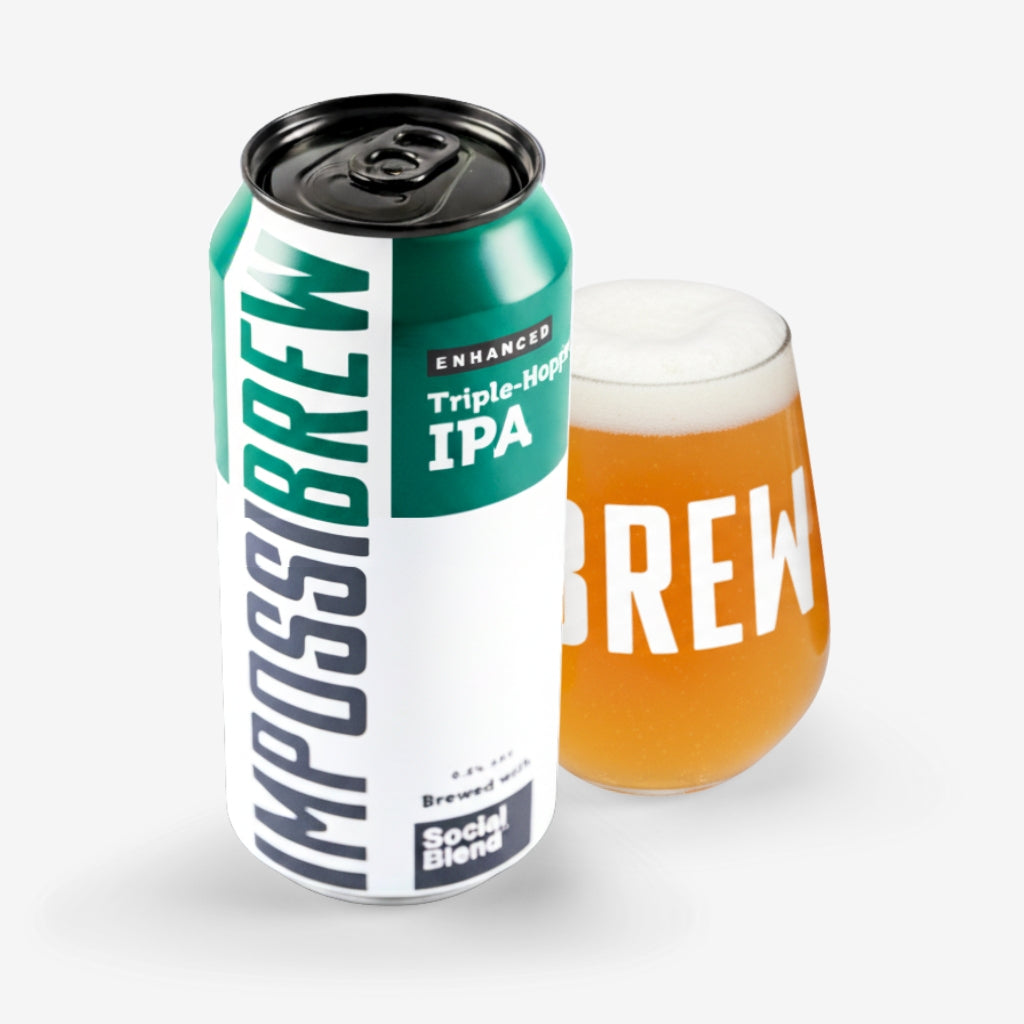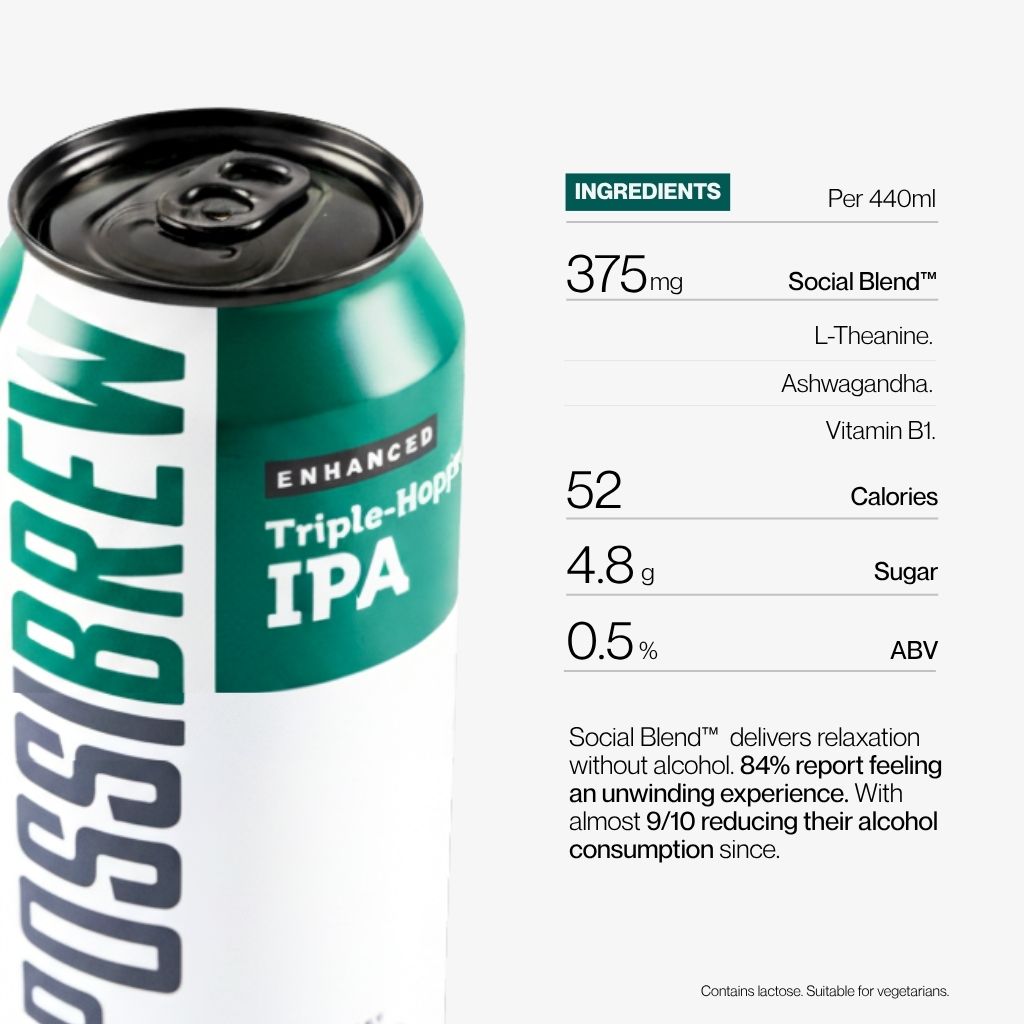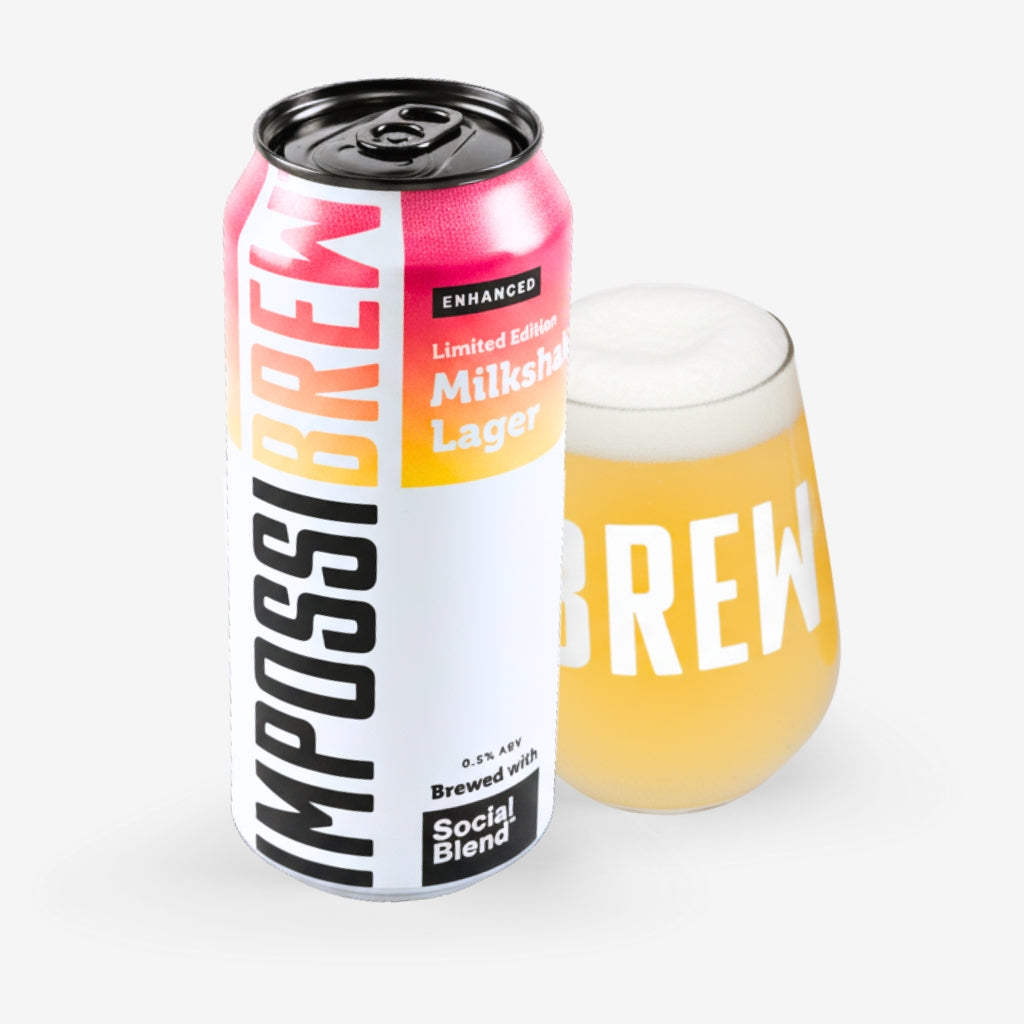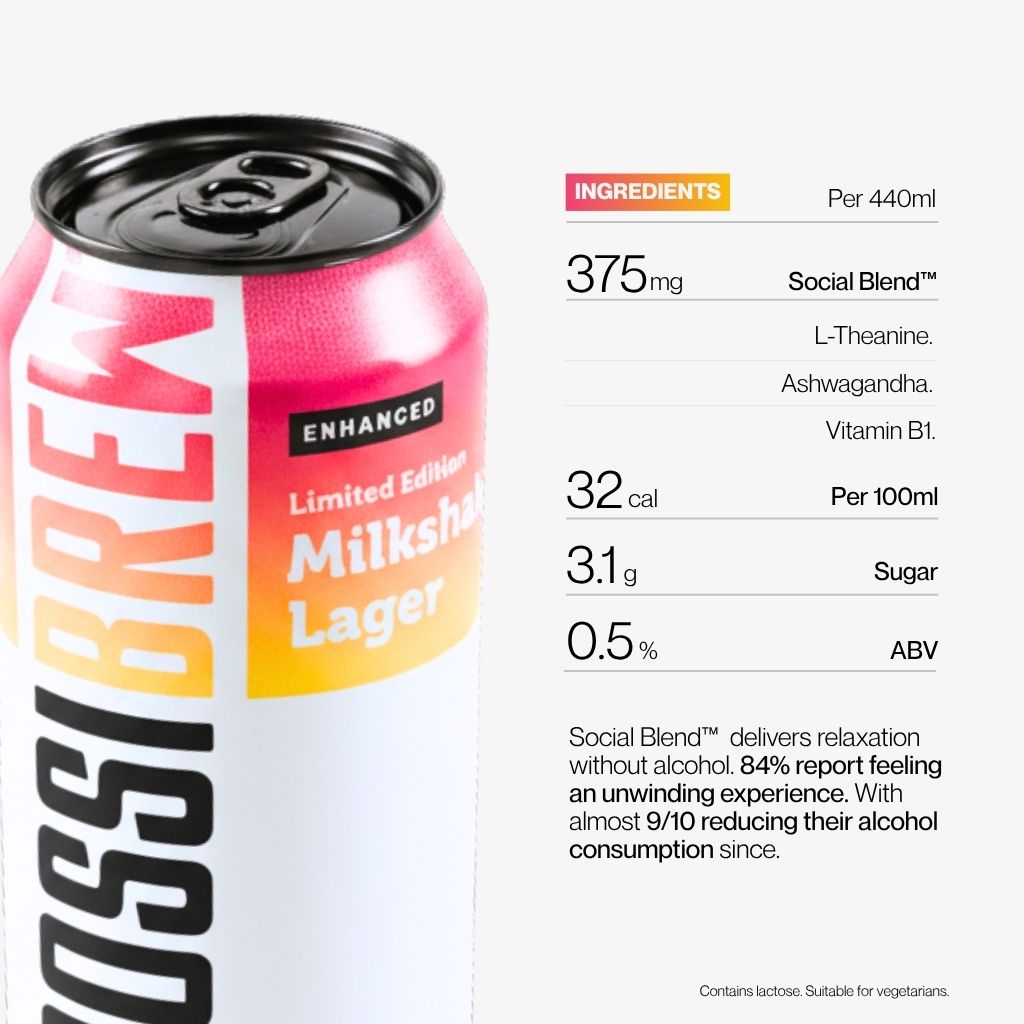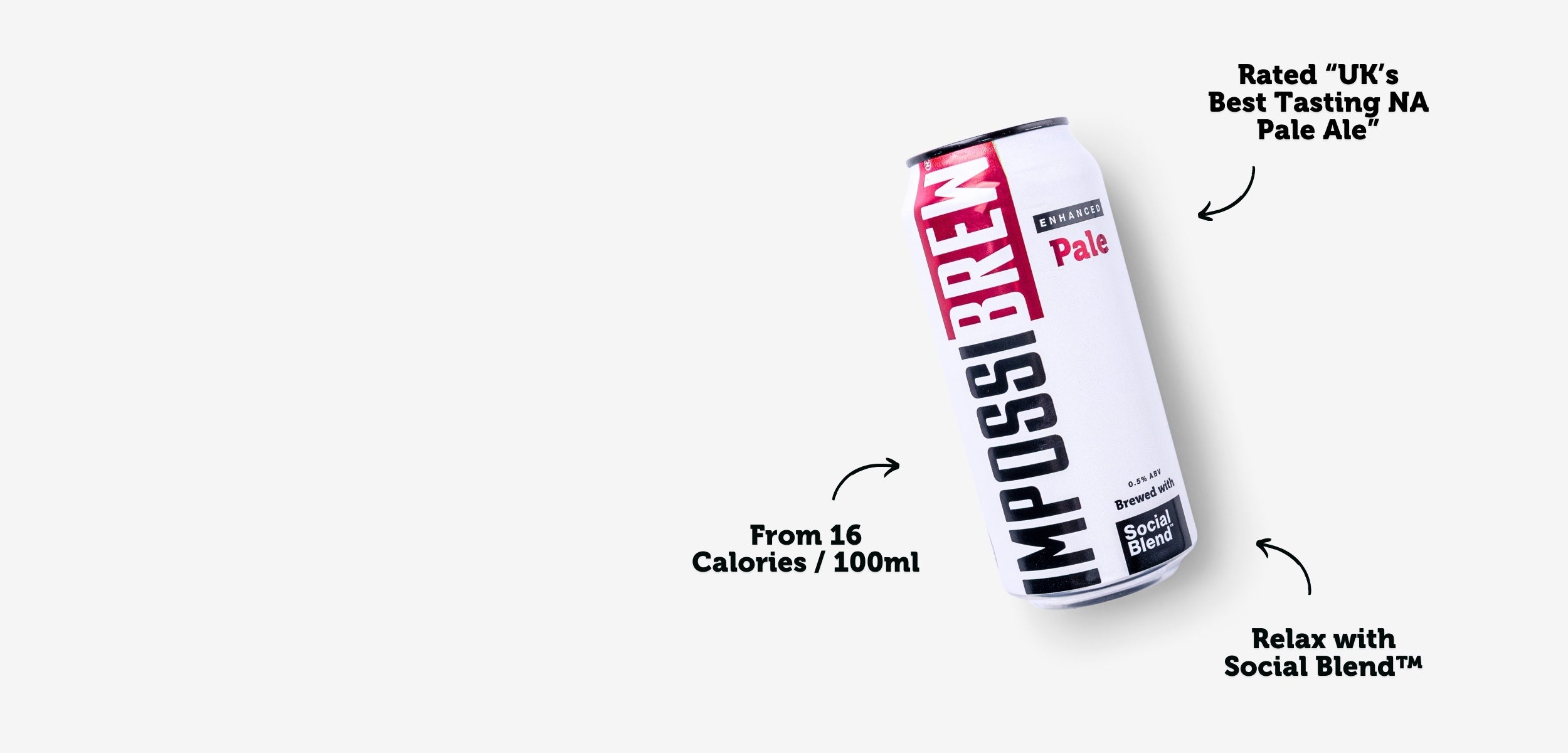The Definitive Guide to Sleeping Tight and Waking Up Right.
SLEEP: THE MIRACLE DRUG?
- Makes you live longer
- Makes you run faster, stronger and longer
- Makes you feel better
- Has no side effects
- And is free and available to you now!

If you saw this AD regularly, all of which is true, would you feel differently about sleep?
WHY WE SLEEP?
MAJOR SLEEP BENEFITS
- Consolidates memory and improves brain function—creativity, mood, and cognitive function
- Boosts and strengthens immunity
- Stimulates growth and repair
- Reduces inflammation
- Allows optimal functioning in organs
- Increases athletic performance

When you learn something new, the information is sent to your brain’s short-term storage during the day. And when you fall to sleep, this information is transferred to your long-term storage compartment for permanent storage. It is sleep that consolidates your memory and gives permanence to your learning.
HOW LONG SHOULD I SLEEP?
Aristotle Onassis famously said,
“Don’t sleep too much, you will have an extra month and a half to succeed in”.
He died at the age of 69.
PHASES OF SLEEP:
- Optimum sleep duration is between 7 and 9 hours
- Sleep is composed of REM and non-REM sleep
- Sleep has 4-5 cycles every night
- Each sleep cycle has varying amounts of REM and non-REM sleep
And it’s not just the number of hours you sleep, but the quality of sleep that matters. There are two main types of sleep, REM and non-REM sleep. REM is rapid eye movement, a phase of sleep when dreaming occurs and the eyes and body are moving. Non-REM is deep sleep when muscles are paralysed and little if any movement is seen. The quality of sleep reflects an appropriate mix of these two types of sleep.
There are 4-5 cycles of sleep per night, lasting for around 90 minutes. Each cycle is composed of varying amounts of REM and non-REM sleep. During Non-REM deep sleep, repair and regeneration of the body is carried out. During REM sleep, new information is processed, memory is consolidated, related memories are linked, and redundant information discarded.

WHAT MAKES YOU SLEEP?

You are tied to this light-dark cycle. You are tied to your circadian rhythm, and you need to work with it, not against it! You have a body clock in each one of your 31 trillion cells. These clocks ensure that things happen at the right time of day or night. In health, all your body clocks chime together. You are in synchrony.
Every day, morning light resets your master clock and the master clock in turn resets all your body clocks. When your body clocks chime together, you sleep well, you age well, and you are not prone to long-term disease. When they do not, you pay the price: your energy levels drop, you gain weight, you can’t sleep, your metabolism goes awry, and your well-being suffers.
Sleep is a perfect example of circadian rhythm at work; the sleep orchestra is a harmonious mix of multiple hormones, rising and dipping in time with the light-dark cycle. The starting gun is sounded by melatonin, and then other chemicals waft you off to sleep!

Figure 2. The rise and fall of key hormones, involved in generating sleep. The sharp rise in melatonin is the starting gun for sleep. The drop in body temperature is a key aspect of falling asleep. As the night goes on, melatonin drops, cortisol rises waking you up, and preparing you for the day.
WHAT STOPS YOU SLEEPING?
A recent study in the US, showed that more than a quarter of adults slept less than the recommended minimum of 7 hours. Social jet lag—weekend sleep deprivation—was present in nearly half of the study group—also the cause of that Monday morning feeling! 30 per cent of people reported trouble sleeping and daytime sleepiness was found in 27 per cent! Put another way, over a quarter of people driving on the motorways, more than a quarter of your colleagues, and more than a quarter of bus drivers suffer from daytime sleepiness. Losing even one or two hours of sleep doubles the risk of a collision!
A multiplicity of factors makes for poor sleep quantity and quality: work, late-night eating, social jet lag, disordered circadian rhythm (see below), drugs including alcohol, sleep apnoea, obesity and stress.
POOR CIRCADIAN RHYTHM
Their brain says, “it is the night”, as it is dark, and their gut says, “it is the day”, as they are eating. Conflict between the brain’s master clock and the gut clock results in metabolic chaos. Humans are not programmed to cope with this alteration in our body clocks. Nothing happens in the right order, nor at the right time. It is a sad fact that shift workers pay a heavy price to keep the wheels of industry turning!
Yet, even though most of us are not shift workers, we often live as shift workers. We eat and drink late into the night. At the weekends, we go to bed and rise later than normal, creating social jet lag. But all this comes with adverse health effects, like those seen in shift workers.
Routine, as boring as it may sound, is one of the keys to a good circadian rhythm. Respecting your circadian rhythm means finishing eating and drinking 3-4 hours before bedtime, so that digestion may finish before sleep. Your gut and your gut bugs need a rest too!
DRUGS AND SLEEP

ALCOHOL AND SLEEP
Alcohol harms the quality of your sleep, and the restorative and reparative effects of your sleep are lost. If you lose your quality sleep, you never catch up. You can’t pay back the sleep debt. Alcohol like Macbeth, “does murther sleep”.
Alcohol is one of the most powerful suppressors of REM sleep and alcohol keeps you in the lighter stages of sleep. Normal memory consolidation is affected when you lose REM sleep. Worse still, memory consolidation fails, not just for the day that you drink, but also for memories from the day before and the day before that. And it affects your ability to learn both mental and physical tasks the following day. The adverse effects on memory are so marked, that many sleep scientists advise complete abstinence from alcohol.
A wearable sleep monitor makes the effects of alcohol very visible. Comparing nights without alcohol, to those with alcohol, reveal quite a difference in your sleep scores—and the amount your body battery was recharged overnight.
If you don’t have a sleep monitor, you can usually tell whether you are sleep deprived by listening to your body. You probably haven’t slept well if—you wake up feeling tired—you need an alarm clock to wake you up—you reach for two or three cups of coffee in the morning—you are sleepy during the day, particularly early afternoon.
IMPOSSIBREW® AND SLEEP

IMPOSSIBREW® is also a functional beer, containing the botanicals, L-theanine, 5-hydroxytryptophan (5HTP) and Vitamin B1. These ingredients have beneficial sleep, mood and cognitive effects.
L-theanine is a non-protein amino acid, a component of polyphenols. These are beneficial antioxidants found in black and green tea. They form part of a healthy and well-balanced diet. L-theanine has been shown to help sleep and causes neither sedation nor drowsiness. On the contrary, it induces a relaxed but alert mental state. Studies have shown that it does not reduce the quality of sleep.
Stress and anxiety are potent sleep disruptors and L-theanine supports sleep by reducing stress and anxiety. L-Theanine is regarded as a safe, natural sleep aid, and is non-addictive.
WHAT HELPS YOU TO SLEEP?
The most important aspect of sleep is to keep it regular. And that includes the weekends when social jet lag disrupts your sleep. Small things matter, when you get everything right, your sleep will improve. You will not only feel better, but you will have more energy and you will be more successful!
TIPS FOR GOOD SLEEP from Dr Hope-Ross and Dr Chell.
- Finish your exercise 2-3 hours before bedtime, to allow your body temperature to cool down.
- Finish eating and drinking 3-4 hours before bedtime, to allow your gut to complete food processing, before you sleep.
- Avoid caffeine after midday.
- Avoid all alcohol if you can, if not drink very little and finish at least four hours before bedtime.
- Bright blue light programmes your body clocks every day. To keep your clocks in harmony, spend some time in bright morning light and enjoy dim light after dark. If you need light during the night, use blue-free light, which is red or amber coloured light.
- Try to escape all nightly interruptions from your pets, phones, partners, and children.
- If you have a daytime nap, limit this to 20 minutes or under, and finish your nap before 15.00.
- Enjoy a relaxing pre-bedtime routine, perhaps have a bath, read a book or listen to music.
- Develop a bedtime routine. Establish a specific time for bed, a time for sleep and consider setting an alarm when it is time to go to bed!
- Make your bedroom sleep friendly. It should be a quiet, relaxing, uncluttered haven.
- Remove all screens from your bedroom, including TV, electronic, computer and phone screens.
- Your bedroom temperature should be between 15 and 19.4°C (60-67°F).
- Looking after yourself is not selfish, it is self -caring, don’t give away your sleep. Work with your family/partner/housemates to improve everyone’s sleep and make it a shared project.
For more information find us at www.dietwhisperer.com in collaboration with IMPOSSIBREW® at www.impossibrew.co.uk.
REFERENCES
Ben Simon E, Vallat R, Barnes CM, Walker MP. Sleep Loss and the Socio-Emotional Brain. Trends Cogn Sci. 2020 Jun;24(6):435-450. doi: 10.1016/j.tics.2020.02.003. Epub 2020 Apr 14. PMID: 32299657.
Retrieved from https://pubmed.ncbi.nlm.nih.gov/32299657/
Bergeron MF, Mountjoy M, Armstrong N, Chia M, Côté J, Emery CA, Faigenbaum A, Hall G Jr, Kriemler S, Léglise M, Malina RM, Pensgaard AM, Sanchez A, Soligard T, Sundgot-Borgen J, van Mechelen W, Weissensteiner JR, Engebretsen L. International Olympic Committee consensus statement on youth athletic development. Br J Sports Med. 2015 Jul;49(13):843-51.
Retrieved from https://pubmed.ncbi.nlm.nih.gov/26084524/
Bonnar D, Bartel K, Kakoschke N, Lang C. Sleep Interventions Designed to Improve Athletic Performance and Recovery: A Systematic Review of Current Approaches. Sports Med. 2018 Mar;48(3):683-703. doi: 10.1007/s40279-017-0832-x. PMID: 29352373.
Retrieved from https://pubmed.ncbi.nlm.nih.gov/29352373/
Bouso JC, Andio ́ n O ́ , Sarris JJ, Scheidegger M, To ́ foli LF, Opaleye ES, et al. (2022) Adverse effects of ayahuasca: Results from the Global Ayahuasca Survey. PLOS Glob Public Health 2(11): e0000438.
Retrieved from https://journals.plos.org/globalpublichealth/article?id=10.1371/journal.pgph.0000438
Deb S, Dutta A, Phukan BC, Manivasagam T, Justin Thenmozhi A, Bhattacharya P, Paul R, Borah A. Neuroprotective attributes of L-theanine, a bioactive amino acid of tea, and its potential role in Parkinson's disease therapeutics. Neurochem Int. 2019 Oct;129:104478. doi: 10.1016/j.neuint.2019.104478. Epub 2019 May 27. PMID: 31145971.
Retrieved from https://pubmed.ncbi.nlm.nih.gov/31145971/
Evaluation of Sleep Habits and Disturbances Among US Adults, 2017-2020
Di H, Guo Y, Daghlas I, Wang L, Liu G, Pan A, Liu L, Shan Z. Evaluation of Sleep Habits and Disturbances Among US Adults, 2017-2020. JAMA Netw Open. 2022 Nov 1;5(11):e2240788. doi: 10.1001/jamanetworkopen.2022.40788. PMID: 36346632. Retrieved from https://pubmed.ncbi.nlm.nih.gov/36346632/
Fan X, Xiao X, Mao X, Chen D, Yu B, Wang J, Yan H. Tea bioactive components prevent carcinogenesis via anti-pathogen, anti-inflammation, and cell survival pathways. IUBMB Life. 2021 Feb;73(2):328-340. doi: 10.1002/iub.2445. Epub 2021 Jan 29. PMID: 33368980.
Retrieved from https://pubmed.ncbi.nlm.nih.gov/33368980/
Hinton T, Johnston GAR. GABA-enriched teas as neuro-nutraceuticals. Neurochem Int. 2020 Dec;141:104895. doi: 10.1016/j.neuint.2020.104895. Epub 2020 Nov 2. PMID: 33144101. Retrieved from https://pubmed.ncbi.nlm.nih.gov/33144101/
Itani O, Jike M, Watanabe N, Kaneita Y. Short sleep duration and health outcomes: a systematic review, meta-analysis, and meta-regression. Sleep Med. 2017 Apr;32:246-256. doi: 10.1016/j.sleep.2016.08.006. Epub 2016 Aug 26. PMID: 27743803.
Retrieved from https://pubmed.ncbi.nlm.nih.gov/27743803/
Ledwos N, Rosenblat JD, Blumberger DM, Castle DJ, McIntyre RS, Mulsant BH, Husain MI. A Critical Appraisal of Evidence on the Efficacy and Safety of Serotonergic Psychedelic Drugs as Emerging Antidepressants: Mind the Evidence Gap. J Clin Psychopharmacol. 2022 Nov-Dec 01;42(6):581-588. doi: 10.1097/JCP.0000000000001608. Epub 2022 Oct 3. PMID: 36193898.
Retrieved from https://pubmed.ncbi.nlm.nih.gov/36193898/
Li J, Cao D, Huang Y, Chen Z, Wang R, Dong Q, Wei Q, Liu L. Sleep duration and health outcomes: an umbrella review. Sleep Breath. 2022 Sep;26(3):1479-1501. doi: 10.1007/s11325-021-02458-1. Epub 2021 Aug 26. PMID: 34435311. Retrieved from https://pubmed.ncbi.nlm.nih.gov/34435311/
Mander BA, Winer JR, Walker MP. Sleep and Human Aging. Neuron. 2017 Apr 5;94(1):19-36. doi: 10.1016/j.neuron.2017.02.004. PMID: 28384471; PMCID: PMC5810920. Retrieved from https://pubmed.ncbi.nlm.nih.gov/28384471/
Retrieved from https://pubmed.ncbi.nlm.nih.gov/33375373/
Pallesen S, Gundersen HS, Kristoffersen M, Bjorvatn B, Thun E, Harris A. The Effects of Sleep Deprivation on Soccer Skills. Percept Mot Skills. 2017 Aug;124(4):812-829. doi: 10.1177/0031512517707412. Epub 2017 May 9. PMID: 28485189.
Retrieved from https://pubmed.ncbi.nlm.nih.gov/28485189/
Rao TP, Ozeki M, Juneja LR. In Search of a Safe Natural Sleep Aid. J Am Coll Nutr. 2015;34(5):436-47. doi: 10.1080/07315724.2014.926153. Epub 2015 Mar 11. PMID: 25759004.
Retrieved from https://pubmed.ncbi.nlm.nih.gov/25759004/
Williams J, Kellett J, Roach PD, McKune A, Mellor D, Thomas J, Naumovski N. l-Theanine as a Functional Food Additive: Its Role in Disease Prevention and Health Promotion. Beverages. 2016; 2(2):13. https://doi.org/10.3390/beverages2020013
Retrieved from https://www.mdpi.com/2306-5710/2/2/13
Sabia S, Dugravot A, Léger D, Ben Hassen C, Kivimaki M, Singh-Manoux A. Association of sleep duration at age 50, 60, and 70 years with risk of multimorbidity in the UK: 25-year follow-up of the Whitehall II cohort study. PLoS Med. 2022;19(10):e1004109. doi: 10.1371/journal.pmed.1004109. PMID: 36256607.
Retrieved from https://pubmed.ncbi.nlm.nih.gov/36256607/
Walsh NP, Halson SL, Sargent C, Roach GD, Nédélec M, Gupta L, Leeder J, Fullagar HH, Coutts AJ, Edwards BJ, Pullinger SA, Robertson CM, Burniston JG, Lastella M, Le Meur Y, Hausswirth C, Bender AM, Grandner MA, Samuels CH. Sleep and the athlete: narrative review and 2021 expert consensus recommendations. Br J Sports Med. 2020 Nov 3:bjsports-2020-102025. doi: 10.1136/bjsports-2020-102025. Epub ahead of print. PMID: 33144349.
Retrieved from https://pubmed.ncbi.nlm.nih.gov/33144349/
Williams JL, Everett JM, D'Cunha NM, Sergi D, Georgousopoulou EN, Keegan RJ, McKune AJ, Mellor DD, Anstice N, Naumovski N. The Effects of Green Tea Amino Acid L-Theanine Consumption on the Ability to Manage Stress and Anxiety Levels: a Systematic Review. Plant Foods Hum Nutr. 2020 Mar;75(1):12-23. doi: 10.1007/s11130-019-00771-5. PMID: 31758301.
Retrieved from https://pubmed.ncbi.nlm.nih.gov/31758301/


